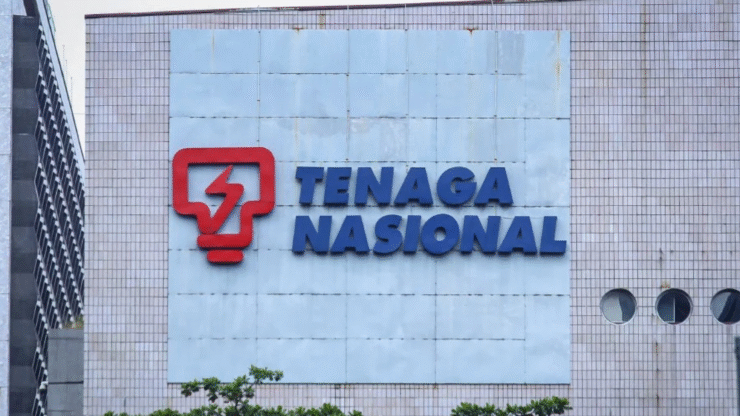Malaysia’s national electricity provider, Tenaga Nasional Berhad (TNB), is ramping up efforts to combat a staggering rise in electricity theft tied to illegal cryptocurrency mining operations. According to a company statement released Monday, reported cases of unauthorized electricity usage have soared nearly 300% over the past six years.
In 2018, TNB recorded just 610 such cases. By 2024, that number had ballooned to 2,397. The surge is largely attributed to unlicensed crypto mining operations that exploit subsidized electricity by bypassing or tampering with meters—resulting in significant financial losses and risks to grid reliability.
TNB emphasized that the increase in reported incidents also reflects greater public awareness and a growing willingness among citizens to report suspicious activity. In response, the utility has launched coordinated nationwide raids in partnership with the Energy Commission, anti-corruption agencies, and local councils.
“These enforcement efforts have helped protect grid stability and deter further abuse,” TNB said in its statement, while calling for sustained vigilance and stronger deterrents to combat energy exploitation tied to underground crypto mining.

Smart Meters and Legal Crackdowns Target Crypto Power Theft
To stem the impact of illegal mining operations, TNB has introduced smart meter technology capable of detecting abnormal energy consumption in real time. These radio-based systems enable authorities to monitor usage patterns and identify tampering or unauthorized surges as they occur.
In parallel, the utility is urging stricter enforcement of the Electricity Supply Act, which permits fines of up to RM1 million (approximately $212,000) or a 10-year prison sentence for those found guilty of manipulating the national grid.
The financial consequences for unsuspecting property owners can be devastating. In some cases, individuals only discovered their homes had been converted into illicit mining hubs after receiving electricity bills surpassing RM1.2 million ($278,400), according to reports cited by TNB.
High-performance mining rigs are notorious for their energy consumption, often drawing between 1 kilowatt and 8 kilowatts per unit, according to a 2024 report from the U.S. Energy Information Administration. In countries like Malaysia—where power remains relatively affordable—the incentive for unauthorized operators to exploit the grid is especially high
Malaysia’s Low Power Costs Fuel Mining Surge Amid Regional Crackdowns
Malaysia’s competitive electricity rates continue to attract unauthorized mining activity. CEIC data from December 2024 shows the country generated 15,451 gigawatt-hours of electricity that month, with average retail prices hovering at just $0.052 per kilowatt-hour—among the lowest globally.
This pricing advantage has made Malaysia a hotspot for illegal operations, a pattern that’s also emerging across other low-cost regions. In a parallel crackdown last week, Kuwaiti authorities uncovered more than 1,000 unauthorized mining sites during a nationwide enforcement sweep. The operation led to the questioning of 116 individuals suspected of power theft.
Kuwait’s Ministry of Electricity and Water reported that illegal mining had placed unprecedented strain on the grid, triggering instability and blackouts in affected areas.
Together, the developments in Malaysia and Kuwait underscore a growing global challenge: balancing the economic potential of crypto mining with the urgent need to protect national energy infrastructure from unauthorized use.
Quick Facts
- TNB reported a 300% rise in illegal electricity use from 610 cases in 2018 to 2,397 cases in 2024.
- Smart meters and nationwide raids are being used to combat the issue.
- Fines for power theft in Malaysia can reach RM1 million (~$212,000) and carry a 10-year prison sentence.
- Malaysia’s electricity cost is among the lowest globally at $0.052 per kWh, incentivizing crypto-related grid exploitation.
- Similar crackdowns are occurring globally, including in Kuwait, where over 1,000 illegal mining sites were recently uncovered.





